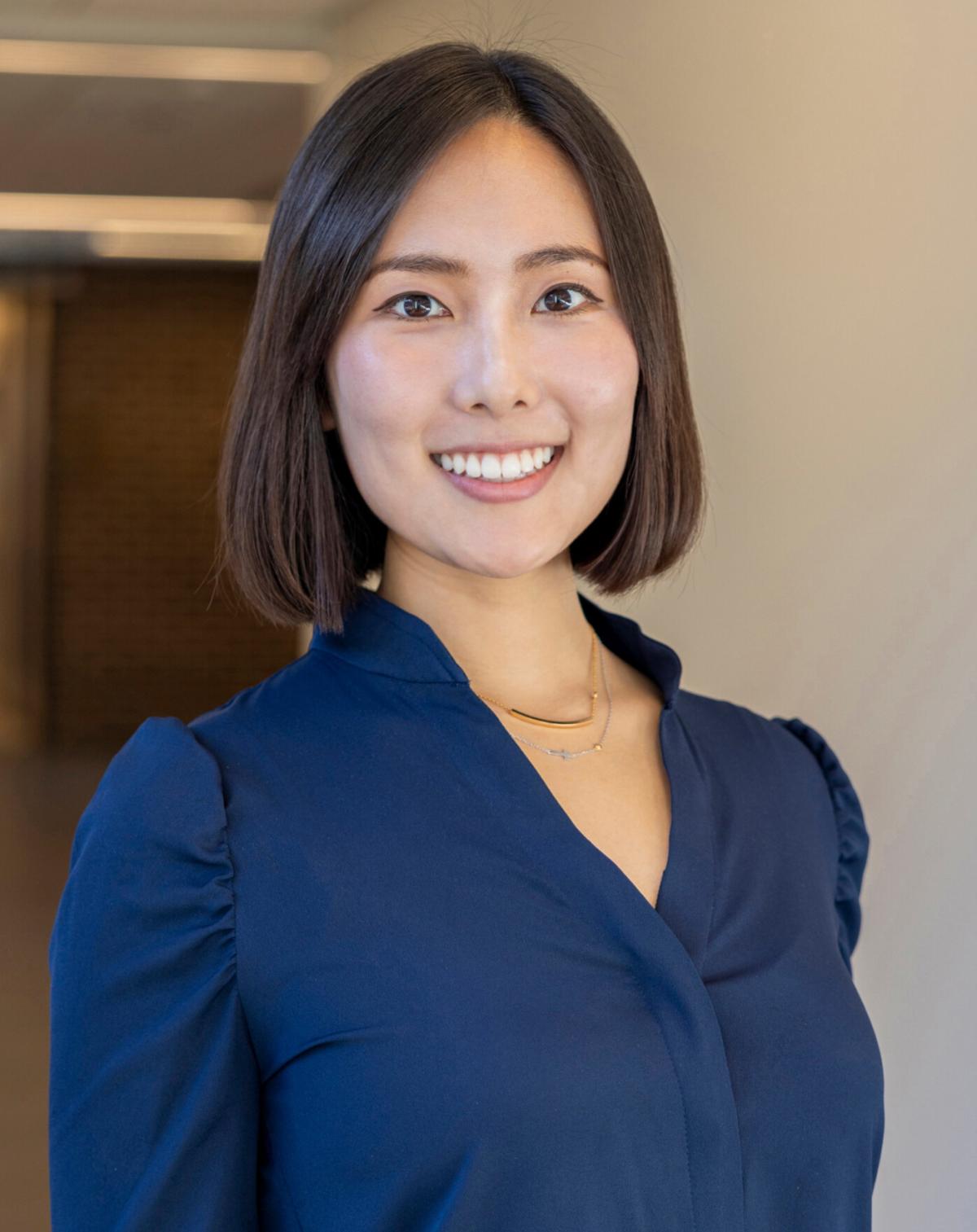Applications
 Part of the Oxford Instruments Group
Part of the Oxford Instruments Group
Expand
Collapse
The objective of this Science Prize is to promote and recognise the novel work of young scientists conducting research employing low temperature, high magnetic fields or surface science research in North America and Latin America.
The Lee Osheroff Richardson consists of:
$15,000 cash prize
A certificate and trophy
Lee Osheroff Richardson
The Lee Osheroff Richardson Science Prize for North America and Latin America is named after David M. Lee, Douglas D. Osheroff and Robert C. Richardson who were joint winners of the Nobel Prize in Physics in 1996, for their discovery of superfluidity in ³He.
They conducted the Nobel prize winning research in the early 1970's in the low temperature laboratory at Cornell University using apparatus they had built to produce sample temperatures within a few thousandths of a degree of absolute zero. Their findings proved that the helium isotope ³He can be made superfluid at a temperature only about two thousandths of a degree above absolute zero. The discovery initiated intensive research on the special characteristics of the new quantum liquid. Lee, Osheroff and Richardson have also received, among other awards, the Sir Francis Simon Memorial Prize 1976 (Institute of Physics UK), and the Oliver E. Buckley Solid State Physics Prize 1980 (American Physical Society); for the discovery of superfluidity in ³He.
Oxford Instruments would like to thank David M. Lee, Douglas D. Osheroff and Robert C. Richardson for permission to name the prize after them.
We are delighted to announce that Dr. Jeong Min (Jane) Park of Princeton University has been selected as the winner of the 2025 Lee Osheroff Richardson (LOR) Science Prize. Learn more about Dr. Jane Park's research here.

"I am truly honoured to receive this award and join the distinguished group of past recipients, whom I deeply admire. [Receiving this award] is an encouraging recognition, especially as I begin a new research direction exploring emergent quantum phenomena at even smaller length scales."
Prize Comittee Chairman:
Professor Laura Greene, NHMFL and FSU
Prize committee members:
Professor Hae-Young Kee, Toronto University
Professor Collin Broholm, Johns Hopkins University
Paula Giraldo-Gallo, University of Los Ande
Dr. Tiancheng Song, Princeton University (2024 winner)
Dr. Jeong Min (Jane) Park, Princeton University (2025 winner)